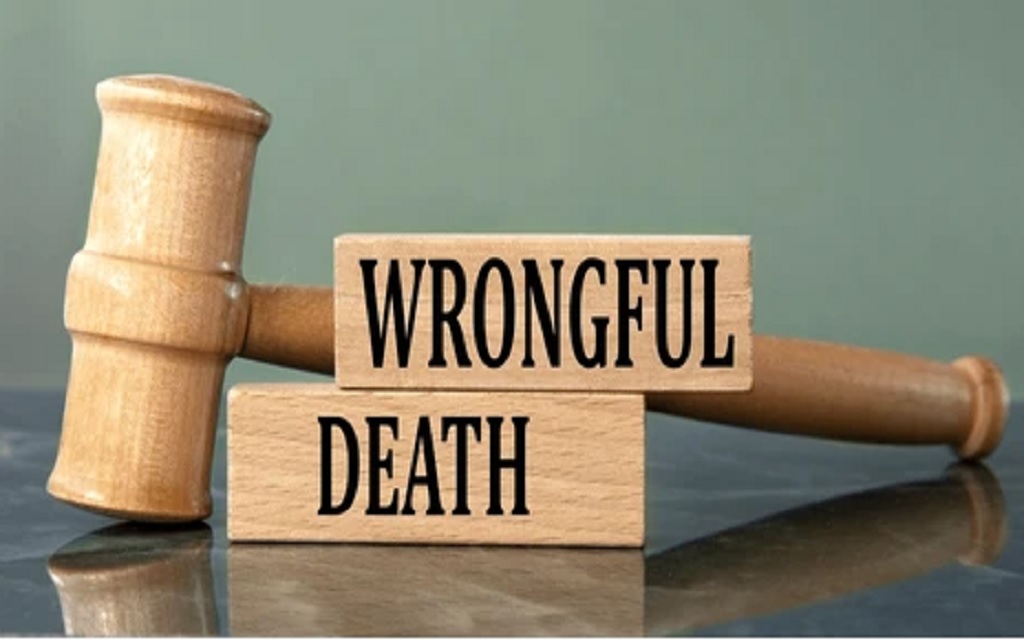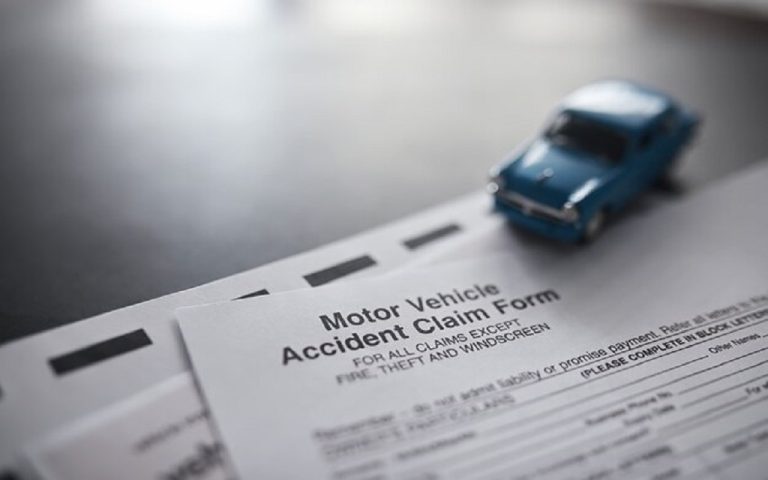It is devastating to lose a loved one as a result of the carelessness or wrongdoing of another person. Families need financial stability and fairness during such a trying time. A wrongful death attorney helps surviving family members hold negligent parties responsible and get compensation for their loss. This article explains the court process, the workings of wrongful death cases, and how to choose the best attorney to protect your rights.
What Is a Wrongful Death Attorney?
A wrongful death attorney is a lawyer who helps families who have lost a loved one due to the negligence or misconduct of another.
Essential Duties of a Wrongful Death Attorney
A wrongful death attorney is essential in:
- Investigating the case: Investigating the matter involves obtaining information, speaking with witnesses, and piecing together what happened.
- Proving liability: Establishing carelessness and proving that it caused the victim’s death is the first step in proving responsibility.
- Negotiating settlements: Getting appropriate compensation by negotiating agreements with insurance companies
- Representing in court: Filing litigation and defending the family before a judge and jury is known as representing them.
What Does a Wrongful Death Attorney Do?
When someone’s carelessness results in a sad loss, you need a legal professional. A wrongful death lawyer strives for justice by assisting families in obtaining compensation. These attorneys look into situations, establish culpability, and work out agreements. When an individual or organisation violates a legal obligation, courts will accept wrongful death claims.
Insurance companies rarely pay fair amounts without legal pressure. A skilled lawyer challenges their tactics and maximize payouts. Legal representation improves settlement outcomes in 90% of cases (American Bar Association). You should seek an attorney who understands state-specific wrongful death laws.
Who Can File a Wrongful Death Claim?
State laws determine who has the right to file. In most cases, immediate family members qualify. Courts allow claims from:
- Spouses who relied on the deceased for financial and emotional support
- Children who lost a parent’s guidance and care
- Parents who suffer the loss of a minor or adult child
- Estate representatives who manage claims on behalf of the deceased’s heirs
Statutes of limitations apply to wrongful death cases. You must file within a set period, usually two to four years after death. Missing this deadline results in case dismissal.
What is the legal basis of a Wrongful Death claim?
When someone else’s actions directly cause harm, courts will consider a wrongful death case. Common causes include:
- Auto accidents brought on by careless or intoxicated driving
- Medical malpractice includes surgical errors and misdiagnosis.
- Workplace accidents involving unsafe conditions
- Products that are defective and result in fatal injuries
- Crimes like homicide, manslaughter, or assault
Evidence and expert testimony are necessary to establish liability. A wrongful death lawyer gathers police reports, medical records, and witness statements. Courts demand unambiguous evidence of carelessness or wrongdoing.
How do Courts determine liabilities in Wrongful Death Cases?
The following legal requirements must be met by the plaintiff (the party making the claim) for a wrongful death lawsuit to be successful. Four main legal components determine liability. Courts evaluate:
- Duty of care – The defendant had a legal obligation to prevent harm
- Breach of duty – The defendant failed to act responsibly
- Causation – The wrongful actions directly led to death
- Damages – The plaintiff suffered financial or emotional losses
A wrongful death attorney collects expert testimony to support claims. For example, specialists confirm whether a doctor’s error caused fatal harm in medical malpractice cases. Courts require compelling evidence to rule in favor of plaintiffs.
What Kinds of Damages Are Available in a Wrongful Death Case?
In a wrongful death case, the family of the deceased seeks monetary damages for their losses. Compensation types (also called damages). Families suffer emotional and financial losses after a wrongful death. Compensation covers:
Economic Damages
- Medical bills before death
- Funeral and burial expenses
- Lost income and benefits
- Property damage from fatal accidents
Non-Economic Damages
- Loss of companionship and emotional support
- Pain and suffering of surviving family members
- Mental distress due to unexpected loss
Punitive Damages
Courts award punitive damages when defendants act with extreme negligence. For example, drunk drivers causing fatal crashes may face extra financial penalties. These damages punish misconduct and deter future violations.
How to Choose the Best Wrongful Death Attorney
Finding the right lawyer improves case outcomes. You should consider:
1. Experience Handling Wrongful Death Cases
Legal expertise matters. Lawyers handling wrongful death cases are familiar with case law, court processes, and settlement tactics. It is advisable to ask about previous settlements and verdicts.
2. Reputation and Client Reviews
Former clients provide insight into an attorney’s skills. Law firm websites, Google reviews, and legal directories reveal success rates. You should verify the lawyer’s credibility through testimonials and case results.
3. Payment Structure
Most wrongful death attorneys work on a contingency fee basis. This means you pay nothing upfront. Lawyers only receive payment after winning the case. You should confirm the legal fees before signing any agreement.
4. Trial Experience
Insurance companies settle quickly when lawyers prepare for trial. You should hire an attorney with courtroom experience in case settlement negotiations fail.
5. Contact and Availability
In addition to being responsive and caring, a reasonable lawyer should be open and honest about the status of their cases. Select a person who will keep you updated and listen to your worries.
What Are the Steps to Filing a Wrongful Death Claim?
You must follow a structured process to file a lawsuit. Courts require specific documentation and legal steps.
Step 1: Consult a Wrongful Death Lawyer
Legal advice is critical. You should schedule a free consultation to discuss eligibility, case strength, and legal strategy.
Step 2: Gather Evidence
Courts need clear proof of liability and damages. Your lawyer collects:
- Death certificates proving legal cause of death
- Medical records linking injuries to negligence
- Police reports for fatal accidents or criminal actions
- Financial statements showing income loss
Step 3: File the Lawsuit Within Legal Deadlines
Statutes of limitations limit how extended families have to sue. Missing deadlines results in lost claims. You should act quickly to avoid dismissal.
Step 4: Negotiate a Settlement or Go to Trial
Most cases settle out of court. However, if defendants refuse fair offers, trials may be necessary. Your attorney argues the case before a judge or jury.
How Can a Wrongful Death Lawyer Maximize Your Compensation?
Insurance companies aim to minimize payouts. You need a lawyer who:
- Calculates full damages – Attorneys ensure fair compensation for all losses
- Negotiates aggressively – Lawyers challenge low settlement offers
- Prepares for trial – Insurers offer higher settlements when facing skilled trial attorneys
Studies show wrongful death victims receive three times more compensation with legal representation (Insurance Research Council). You should never accept initial insurance offers without consulting a lawyer.
Conclusion
For grieving families, a wrongful death lawsuit essentially offers justice and financial security. Following a terrible loss, you should receive just compensation. A professional wrongful death attorney defends your rights, establishes fault, and optimizes monetary compensation.
You should not wait to take action. Legal deadlines apply, and evidence must be preserved. For a free case evaluation, contact a reputable wrongful death lawyer.
Must Read: Total Health Institute: Legal Concerns and Lawsuit Complaints




